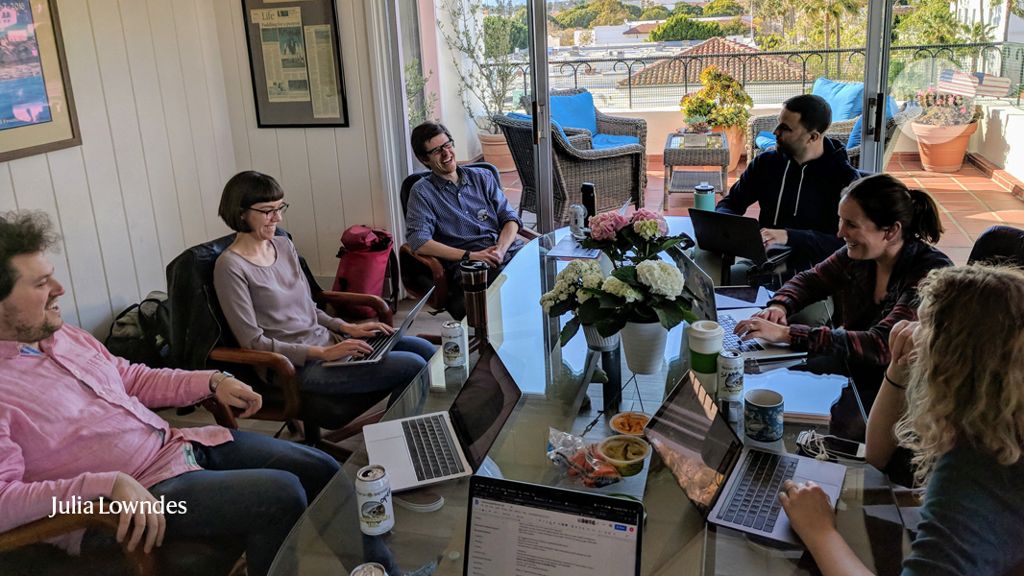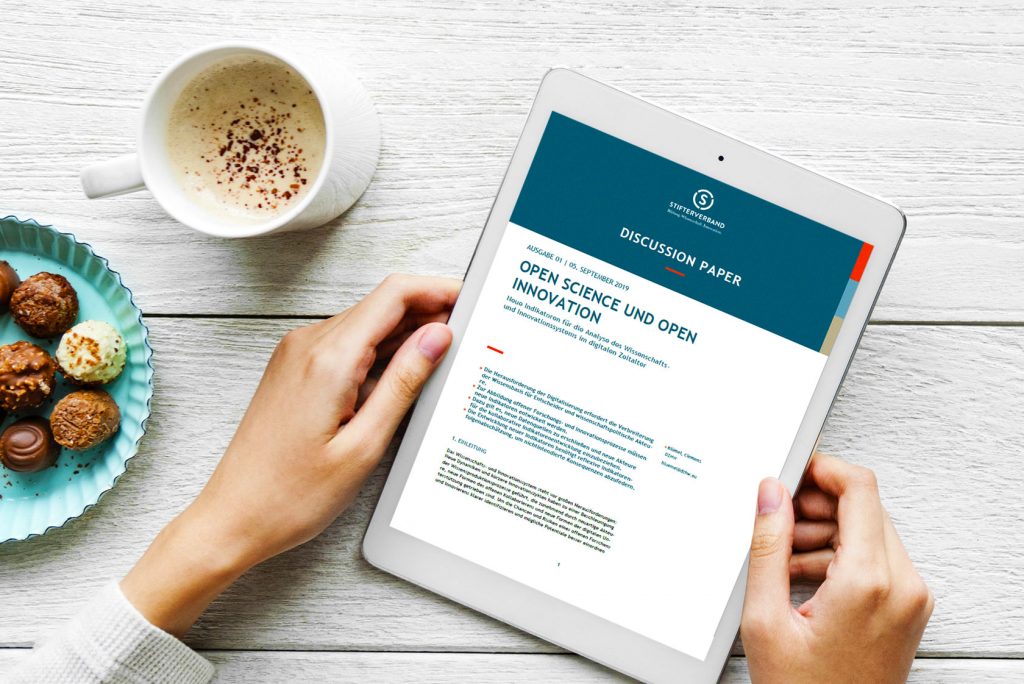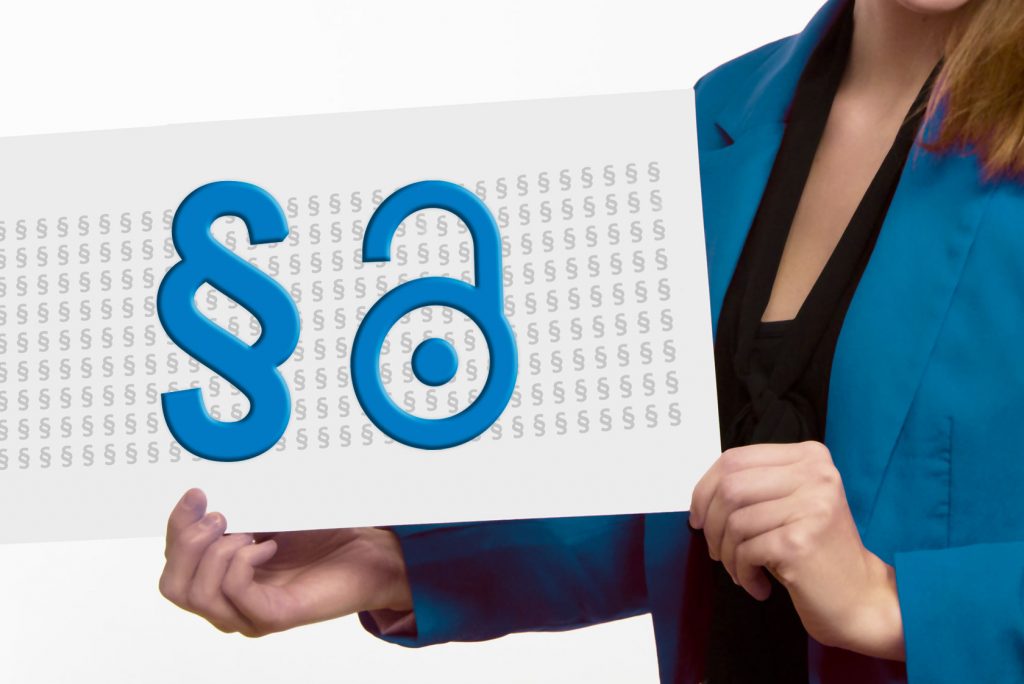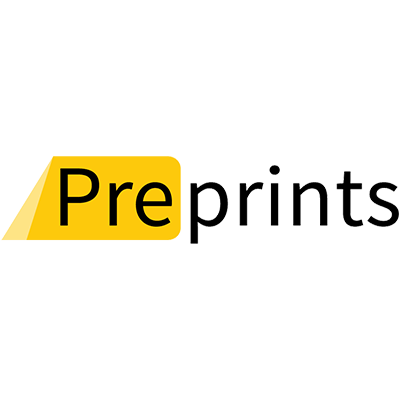citecorp is a new (hit CRAN in late August) R package for working with data from the OpenCitations Corpus (OCC). OpenCitations, run by David Shotton and Silvio Peroni, houses the OCC, an open repository of scholarly citation data under the very open CC0 license. The I4OC (Initiative for Open Citations) is a collaboration between many parties, with the aim of promoting "unrestricted availability of scholarly citation data". Citation data is available through Crossref, and available in R via our packages rcrossref, fulltext and crminer.













